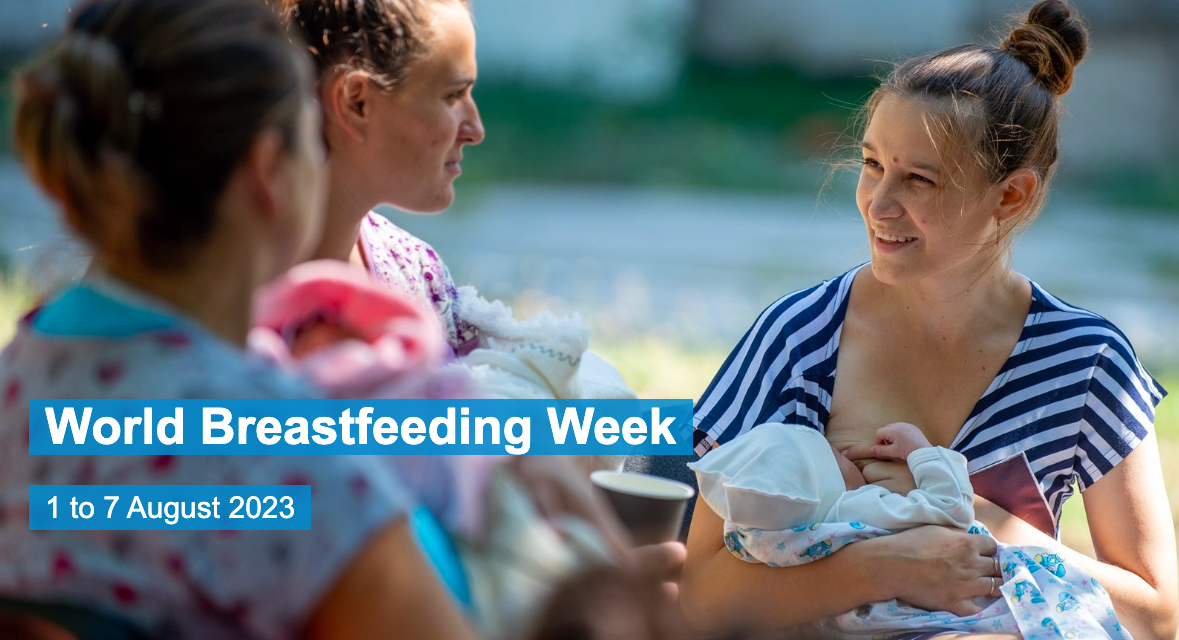Orlando, FL—A new study reveals that infants exclusively fed breast milk during their birth hospitalization are 22% less likely to develop asthma in early childhood. The research was presented on Friday at the American Academy of Pediatrics’ 2024 National Conference and Exhibition, underscoring the long-term health benefits of breastfeeding from the very first days of life.
The study, led by a team of researchers, highlights the significance of hospital practices in promoting exclusive breastfeeding. Although hospital stays after birth are brief, typically lasting just a few days, these early experiences may play a crucial role in preventing conditions like childhood asthma. According to the research team, exclusive breastfeeding during this critical period lays a foundation for healthier outcomes in later years.
Significant Findings on Asthma Prevention
The study involved 9,649 children, of which 81% received some breast milk during their hospital stay, and 31% were exclusively breastfed. After adjusting for factors such as sex, race, and insurance status, the data showed that 5% of the children were diagnosed with asthma. Notably, infants who received only breast milk during their hospitalisation had a significantly lower risk of developing asthma compared to those who were not exclusively breastfed.
“Infants whose first feeding was breast milk also showed a reduced risk of asthma compared to those whose first feeding was not breast milk,” the researchers noted. This finding further underscores the protective effects of exclusive breastfeeding against asthma development.
Long-Term Impact of Early Breastfeeding
Laura Placke Ward, co-director of the Center for Breastfeeding Medicine at Cincinnati Children’s Hospital Medical Center, emphasized the importance of hospital practices in supporting breastfeeding. “By focusing on these crucial first days, we may impact children’s health and potentially reduce the risk of chronic conditions like asthma,” said Ward.
Previous research has shown that longer durations of exclusive breastfeeding help lower the risk of asthma. However, this study adds new insights, showing that even breastfeeding exclusively during the birth hospitalization can make a significant difference in reducing asthma rates.
Need for Improved Breastfeeding Support
The study authors stressed the need for greater emphasis on promoting exclusive breastfeeding during the early days of life. Hospital policies and healthcare provider support are vital in ensuring that mothers are encouraged to breastfeed exclusively, which may help reduce childhood asthma and other long-term health issues.
This new evidence calls for public health initiatives aimed at increasing breastfeeding support within hospitals, ensuring that more infants can reap the long-term benefits of exclusive breastfeeding from birth.
The findings are a reminder of the lasting impact of early-life nutrition on health outcomes, particularly for conditions like asthma, which continues to be a leading chronic disease among children worldwide.












